


Also known as haldi in India, Turmeric is a plant in the ginger family which is used as a culinary spice and traditional medicine. Turmeric has been traditionally used to treat skin disorders, upper respiratory tract, congestion, joint pain and digestive system.

Ashwagandha root (Withania somnifera) is traditionally used to support stress tolerance, performance and endurance.
It is one of the most important Ayurvedic herb popular for its wide ranging health benefits. Ashwagandha possesses potent antioxidant properties that help protect against cellular damage caused by free radicals. It is believed it can enhance brain, nervous system and memory functions. Also believed to build resilience to stress.

Ginger, or rhizome is an underground stem used in many herbal remedies since ancient times. Ayurveda uses ginger for a variety of remedies including healthy peripheral circulation. It is believed to ease joint pain. It is a common spice and adds flavour to food and beverages. Ginger tea is common and popular with chai lovers.

Fennel is a favourite with everyone for its delicious uplifting flavours. It is a mouth freshener which is enjoyed after meals and believed to support digestion. Used for colic babies it is an age old Ayurveda remedy for relaxing muscles, relieving from bloating, builds digestion power.
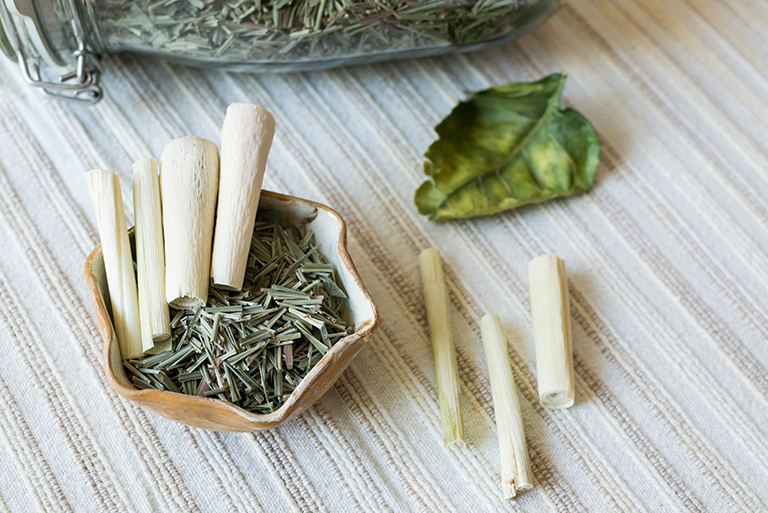
Lemongrass is a refreshing and rejuvenating herb, believed to support digestion and respiratory function.
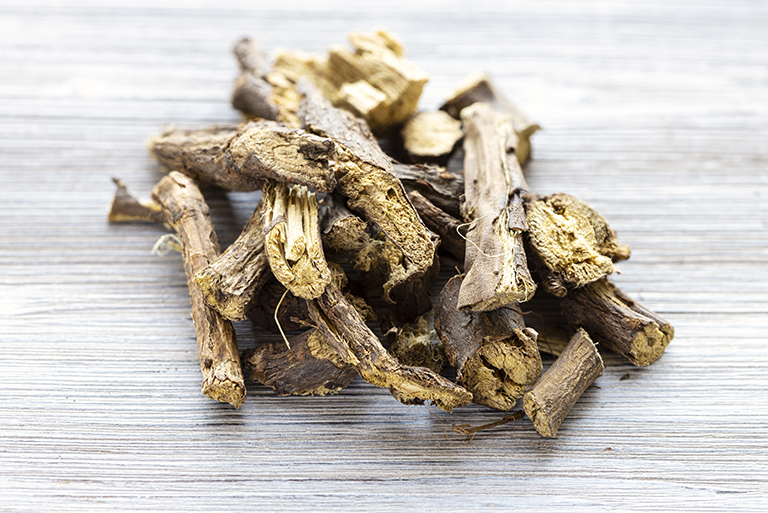
A sweet and flavourful herb, Liquorice roots have been found in use for various Ayurveda remedies. It soothes throat and supports digestion.

Cinnamon has a sweet fragrance and is commonly used in India as a spice. It is a tree bark which is warm and pungent. It gives warmth and supports function of the respiratory and digestive systems. It is also believed to promote immunity and circulation to the joints.
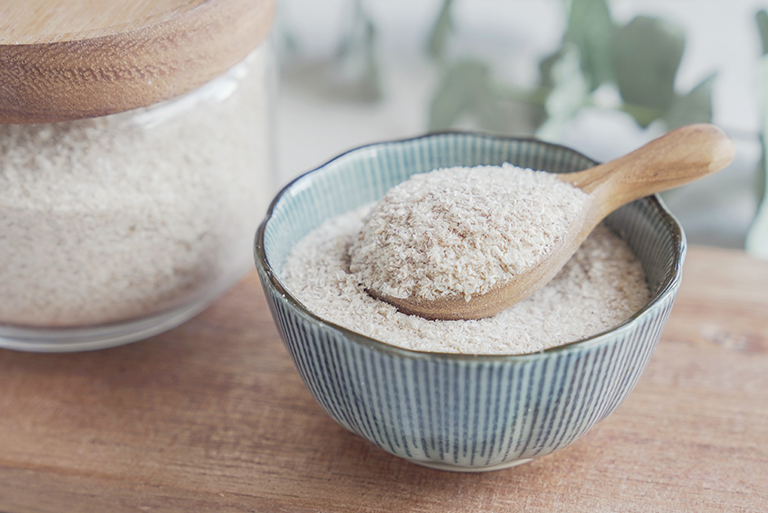
Psyllium husk is a plant derived from bulk forming dietary fiber which is believed to naturally support gut health. It is an active ingredient in many laxatives.
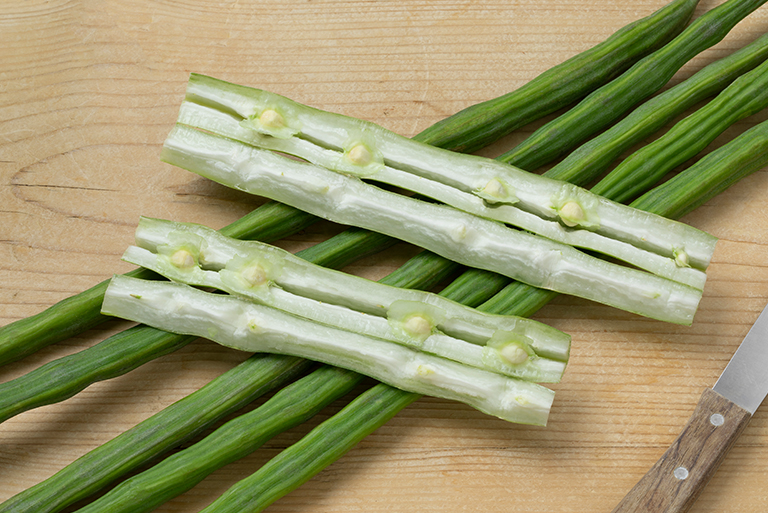
Moringa is a herbal superfood believed to be the "powerhouse" of nutrients, vitamins, and minerals. These multiple nutritious content support immunity and well-being.
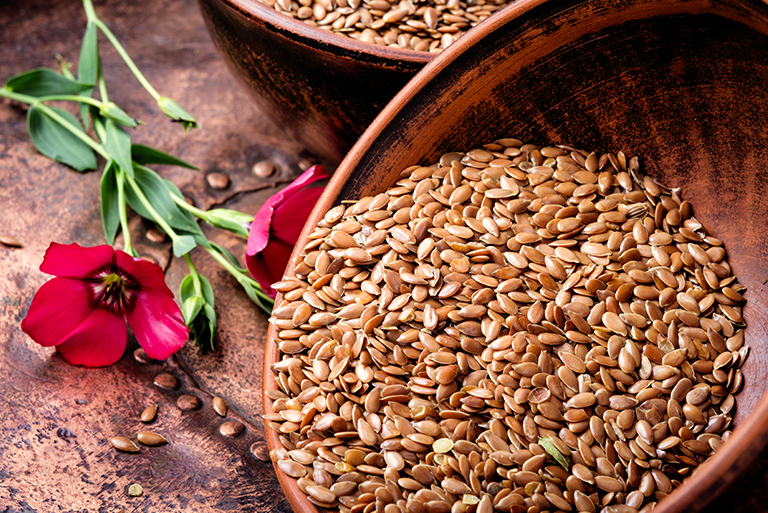
Flaxseed has many healthy components specially Omega 3 essential fatty acids, lignans and fibre. According to Ayurveda, flaxseed has properties that balance the skin pH and elasticity. This seed is said to assist in solving constipation issues.

Rose tea is believed to boost digestion, have anti-inflammatory effects, improve sleep and fight fatigue and is said to reduce menstrual pain. Rose tea’s aroma may reduce anxiety and stress

Chamomile is one of the ancient medicinal herbs. It is known to calm nerves and reduce anxiety and treat insomnia. It is commonly used for many ailments such as hay fever, inflammation, muscle spasms, and insomnia to name a few.

Also known as “functional food”, chia seeds are believed to be rich in protein, fiber and omega-3 fatty acids which play a vital role in weight management. These seeds assist in reducing craving.

Known as the ‘holy basil’, ‘queen of herbs’ or ‘mother medicine of nature’, Tulsi has anti-inflammatory and antimicrobial properties. It relieves cough and cold symptoms and has anti allergic properties.